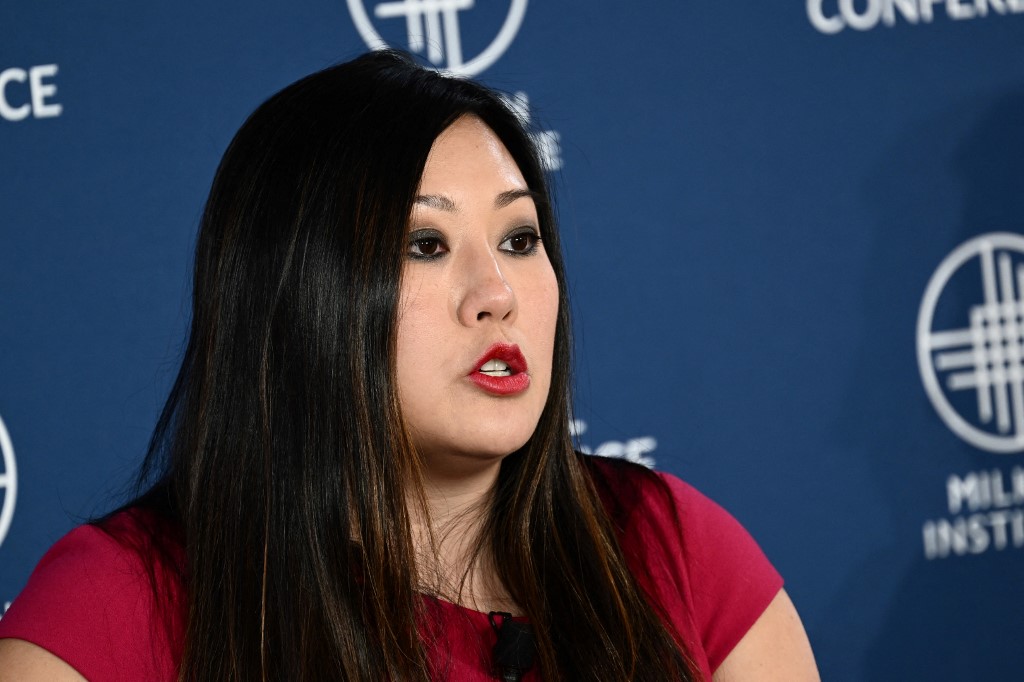CFTC Cancels Roundtable Discussion Aimed at Addressing Sports Event Contracts

The ongoing saga surrounding derivatives trading platforms like Kalshi cross-pollinating in the world of sports betting was supposed to be discussed in a roundtable forum this month, but those plans have been canceled.
Cloudy Legal Waters
A long-anticipated meeting, scheduled on April 30th between the Commodity Futures Trading Commission (CFTC) and sports betting industry stakeholders, has been canceled by the federal agency with no reason provided.
“The roundtable is canceled. There is no update right now on when it will be rescheduled. More details will be provided when available,” a CFTC spokesperson said in an email.
The lack of clarity in the market continues, which will allow trading platforms like Kalshi, Robinhood and Crypto.com to continue to operate in markets in which state regulators have filed legal action to try to prohibit these trading platforms from operating in their jurisdictions.
“Nevada’s attempt to regulate Kalshi intrudes upon the federal regulatory framework that Congress established for regulating futures derivatives on designated exchanges,” the company said in the lawsuit filed on March 28th.
Kalshi’s vigorous legal response was recently vindicated by a court ruling from Judge Andrew Gordon of the U.S. District Court for the District of Nevada. The judge’s decision partly approved Kalshi’s request for a temporary halt on state gaming regulators’ interference, such as the Nevada Gaming Control Board, which has instructed trading platforms like Kalshi to stop offering sports betting contracts that aren’t approved or licensed by the state gaming commissions.
Cause for Concern
State regulators in Nevada have been joined by their colleagues in Maryland, Ohio, Illinois, New Jersey and Montana in issuing the cease-and-desist orders. However, the ruling allows the derivatives platforms to operate outside the purview of those regulators as they are federally licensed by the Commodity Futures Trading Commission.
“We’re not necessarily very concerned [because] we are regulated at the federal level,” Kalshi CEO Tarek Mansour said earlier this month at a StrictlyVC event in San Francisco. “The state law doesn’t really apply.”
The roundtable discussion was intended as a way for the CFTC to hear arguments from both sides, including those state agencies, coupled with tribal gaming entities, mobile sportsbooks, Major League Baseball and the American Gaming Association advocating against sports betting contracts.
The argument against the sports betting contracts issued by the trading platforms is that they are usurping the state gaming agencies’ authority and, most importantly, cannibalizing the sports betting market, leaving less potential revenue for the sportsbooks and ultimately the states’ tax coffers that take a cut of the profits.
Because financial firms like Kalshi do not pay state taxes, as they are regulated federally by the CFTC and not the states, this has become a cause for alarm by the states and the sports betting operators, which has led to a flurry of litigation.
Kalshi alone transacted more than $500 million in March Madness sports betting contracts, which is roughly 16% of the sports betting volume projected by the American Gaming Association. Moreover, as more and more people become aware of this alternate way to bet on sports, the trading platforms’ volume is likely to rise in the future, taking an even bigger bite out of the mobile sportsbooks’ handle and revenue.
As stated, the CFTC has not announced a rescheduling of the roundtable at this time.






